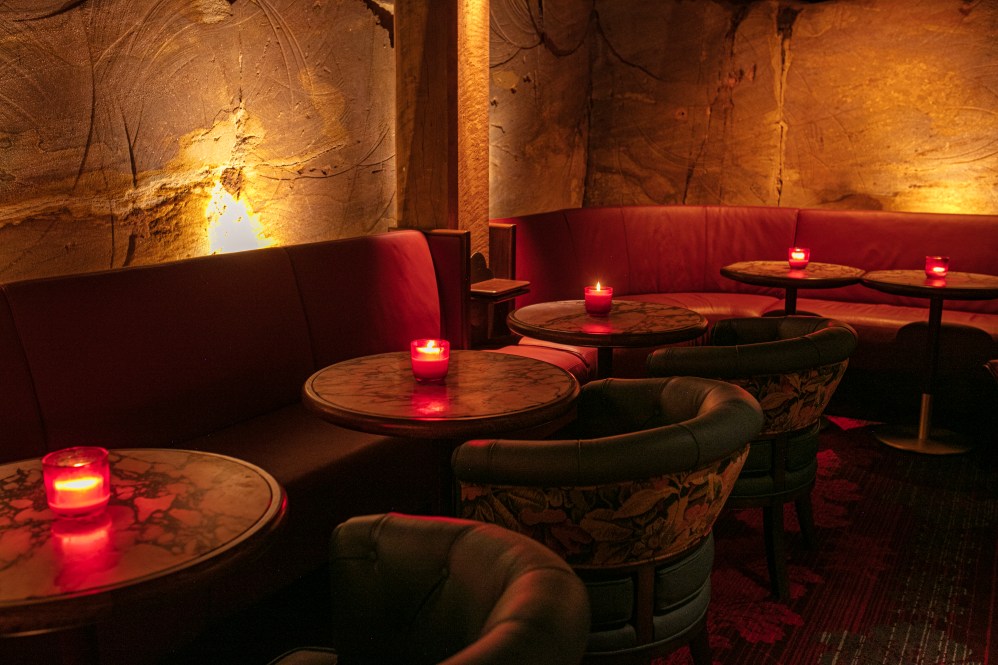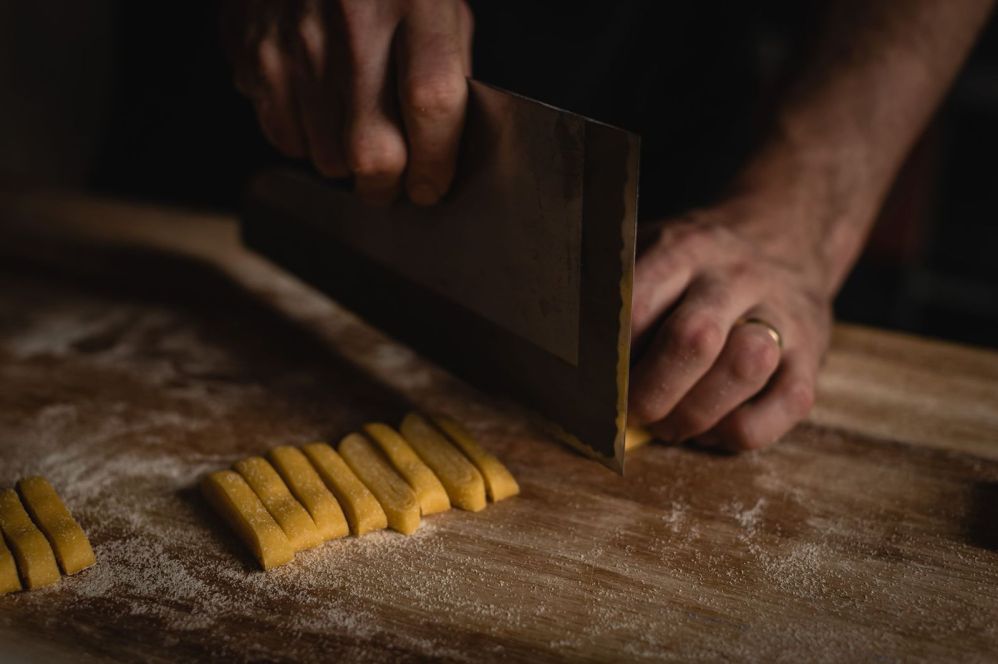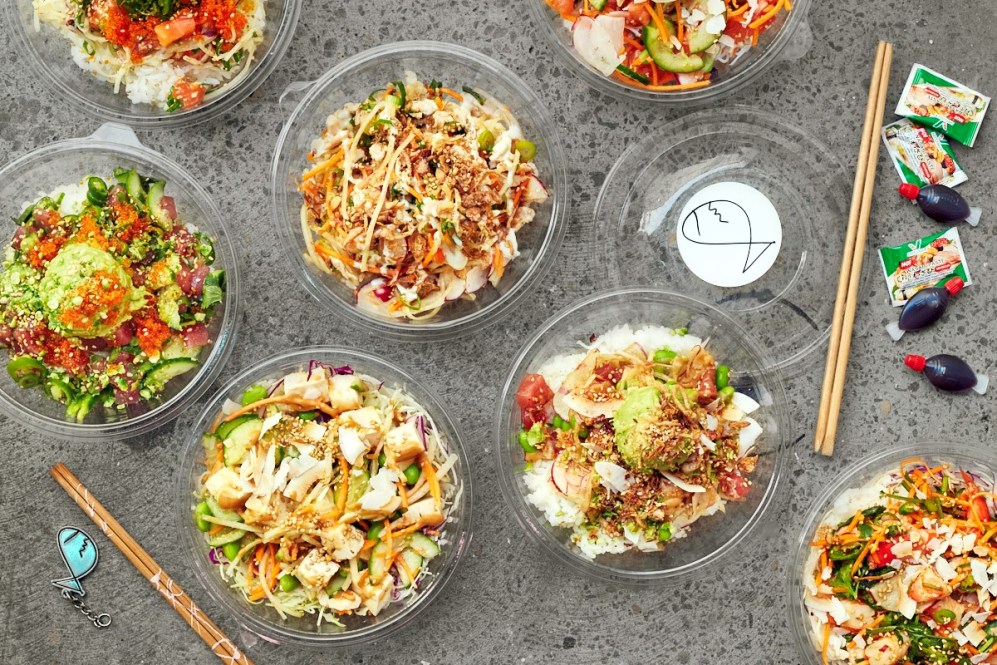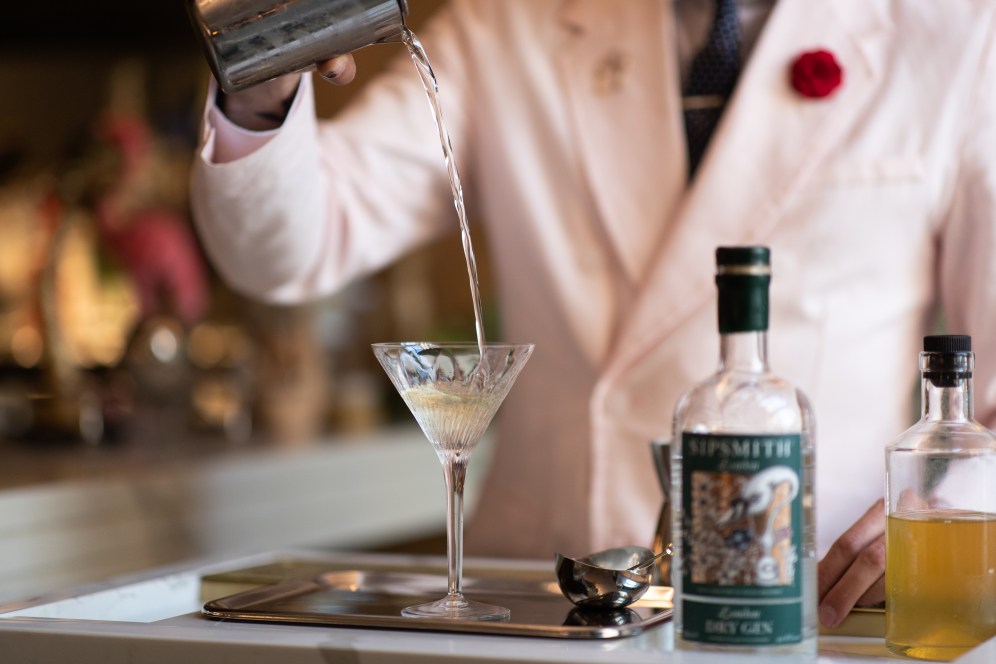More than 200 delegates attended the 2022 Hospitality Leaders Summit yesterday in Sydney, reuniting for the first time since 2019 to cover the industry’s most pressing topics.
The event was held by Hospitality magazine at the Australian National Maritime Museum, with leading operators, chefs and professionals taking the stage across a range of presentations, panel discussions and Q&As.
Attendees heard from more than 26 speakers over the course of 12 sessions, hosted by Anna Pavoni and Tawnya Bahr, that covered sustainability and food waste, staffing solutions, Sydney’s 24-hour economy, delivery and tech platforms, wellbeing at work, social media and branding and industry trends.
Keynote speaker Dianne McGrath kickstarted the day with a compelling presentation on how businesses can apply sustainable practices to day-to-day operations. “The choices we make can actually affect the food we are giving to our customers,” she told the audience.
McGrath confirmed the majority of waste is in fact generated during service, and encouraged operators to conduct an audit. “My biggest concern is that as a sector, we continue to believe that food waste is part of doing business,” she said, going on to suggest reducing portion sizes.
“Diners [in the US] did not notice a portion reduction of 10 to 15 per cent,” explained McGrath. “If you reduce your portion sizes 10 to 15 per cent, how much profit will you be making?”
A panel discussion with Soul Dining and Soul Deli’s Illa Kim, House Made Hospitality’s Justin Newton, Public Hospitality’s Anna Touhy and Love, Tilly Group’s Matt Swieboda explored how venues can appeal to multiple markets.
Each participant shared their experiences in running concepts that provide a realm of experiences to guests.
“We always had the vision of a multi-venue site,” said Newton of Hinchcliff House, which encompasses an underground bar, casual dining restaurant, fine-dining concept and a newly opened laneway bar.

“It came from making sure we could appeal to multiple demographics and keep the demographic in the building for multiple experiences.”
Production kitchens were also covered during the panel, with speakers covering the benefits of hiring an additional facility to maximise productivity and provide staff with a range of shifts.
Swieboda spoke on the rapid growth of Fabbrica’s take-home pasta packs and how customers were able to connect with the brand outside the venue during lockdown. “We wanted to keep our staff employed and our customers engaged,” he said of the 2021 launch.

Luke Butler from Hastings People spoke on how delegates can navigate staff shortages in the current climate, encouraging operators to provide not only a competitive wage, but additional workplace benefits.
“We need to create an environment where people are much better looked after as an industry and as a collective,” he said.
24 Hour Economy Commissioner Michael Rodrigues and Solotel’s Elliot Solomon sat down to talk about revitalising Sydney’s 24-hour economy after COVID-19.
Solomon referenced the different types of experiences venues can offer to patrons when it comes to 24-hour trading. “For community venues, it’s been about getting back to the communities we’re in,” he said. “For bigger venues, it’s trying to do something all-encompassing.”
Solotel has bounced back as a group and has been working closely with local promoters and artists to create bespoke events around major celebrations such as Mardi Gras. “Since restrictions have been lifted and Mardi Gras, the businesses are recovering well,” said Solomon.
Rodrigues provided useful advice on how Sydney can position itself as a “going out economy”.
When asked about the effectiveness of pop-ups in the hospitality sector, he further outlined the importance of community spirit. “Pop-ups are good for testing ideas, but deep-seeded collaboration is my recommendation.”
Delivery and tech platforms were covered by Butter’s Julian Cincotta, Uber Eats’ Duncan Petit and Order Up!’s Clive Thorpe.
In the session, panelists discussed how venues can effectively utilise delivery and booking platforms for profit and to target new markets.
Euda’s Scott Bidmead held a session on the importance of mental health and wellbeing within the industry, providing the audience with a toolkit businesses can put in place.
Bidmead further outlined the details of the framework which references the PERMAH model (positive emotions, engagement, relationships, meaning, accomplishment and health) as its foundation.

The final panel session of the day saw Fishbowl Group’s Nathan Dalah, Australian Venue Co.’s Rachel Checinski, Maybe Sammy’s Martin Hudak and BioPak’s Gary Smith break down industry trends.
Checinski covered staffing and highlighted Australian Venue Co.’s recent efforts in hitting their target of employing 150 chefs across their venues. “As a large business, we are focusing on progression and making hospitality a career or a pathway,” she said.
The audience also heard from Dalah about Fishbowl’s recent expansion to 35 venues, which he attributes to the efficient systems the business has put in place when it comes to food production.
“We always try to bring it back to basics,” said Dalah. “Give people really good food and really good value and remember the customer is the number-one priority.”
Sustainable measures such as packaging and composting were covered by Smith, who said 90 per cent of waste coming from restaurants was organic and that composting, although similarly priced to landfill, is ultimately cheaper and more sustainable long-term.
Hudak, from the globally acclaimed bar Maybe Sammy, shared his thoughts on where the bar industry is heading. “Many of us are following trends from around the world, but it doesn’t mean it’s going to work here,” he says. “Don’t follow, try to create.”

He also suggested trialing and work-shopping different ideas to see what drinks resonate with customers.
“All our guests are test profiles to see what’s working and what’s not,” said Hudak, who was behind the creation of the venue’s mini martini menu, which allows patrons to try a number of drinks in a compact format.
The day concluded with networking drinks in the expo area which saw attendees enjoy both alcoholic and non-alcoholic drinks as well as a selection of canapes and cheeses.
Stay tuned for the next Hospitality event.

